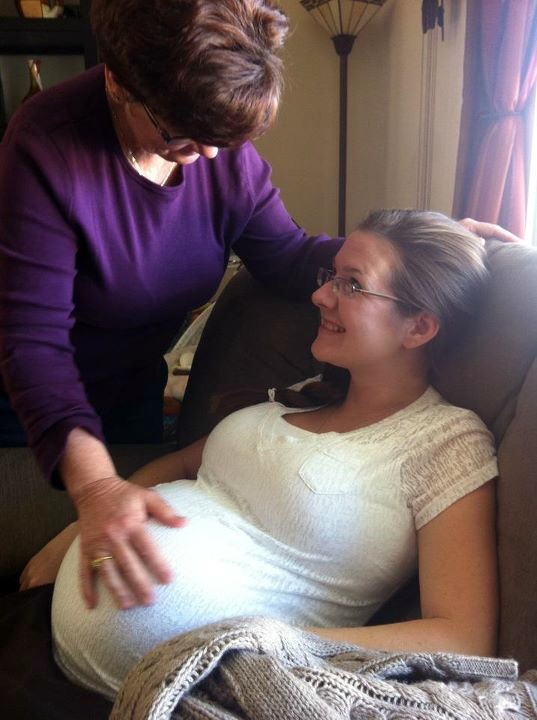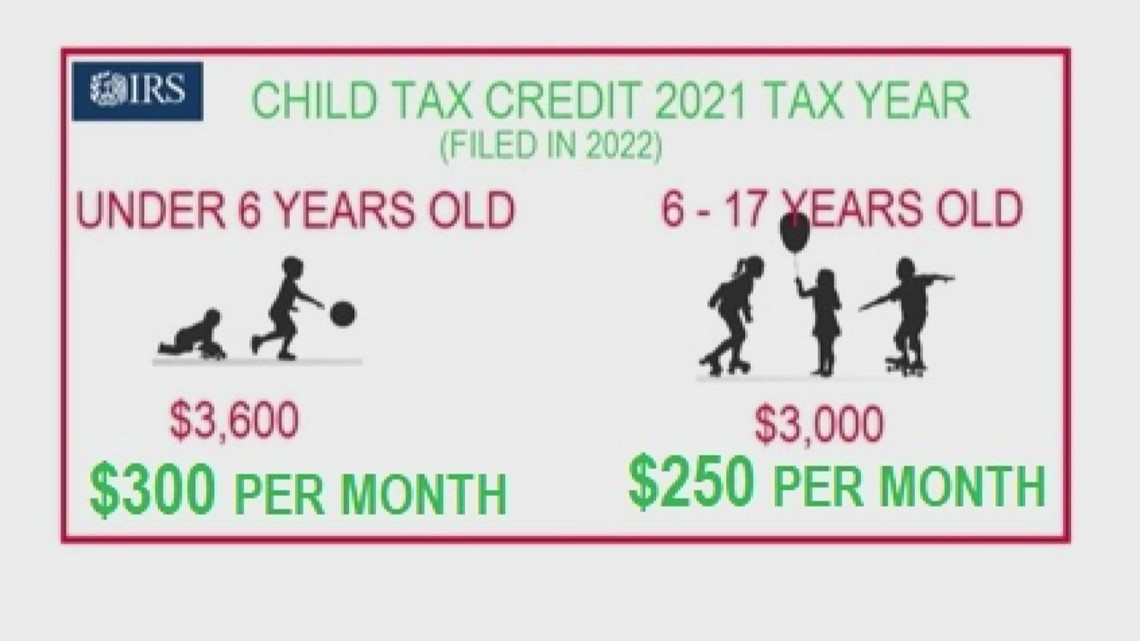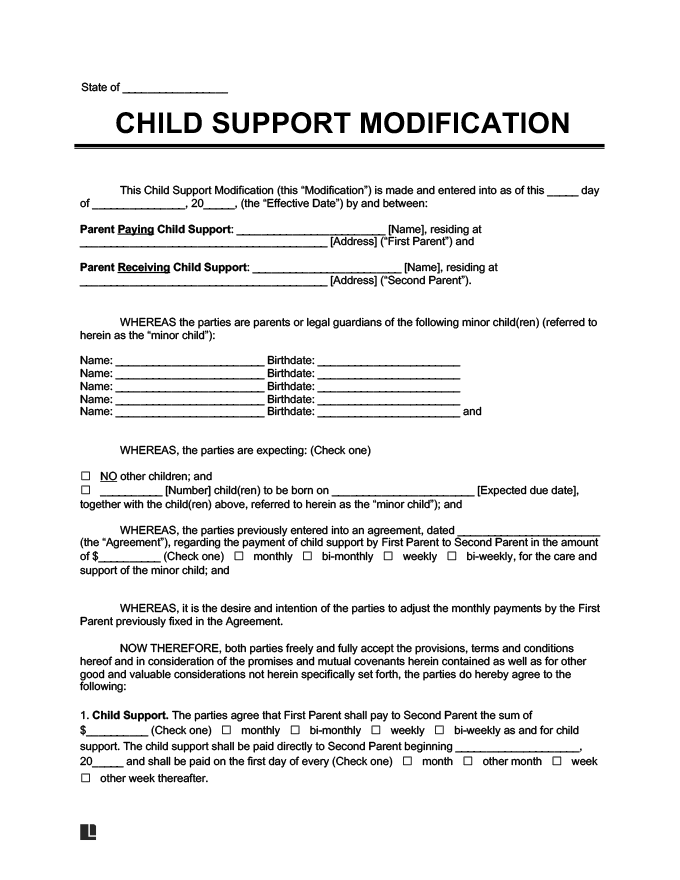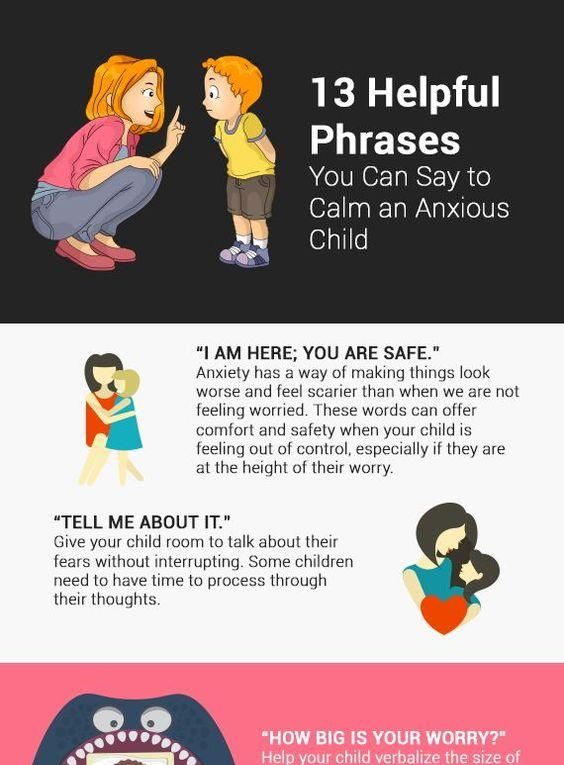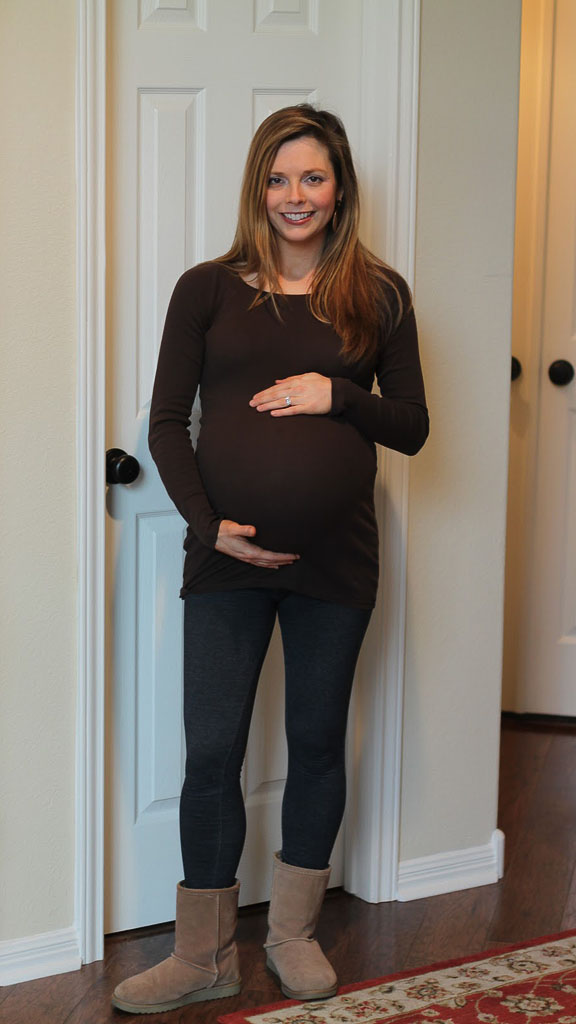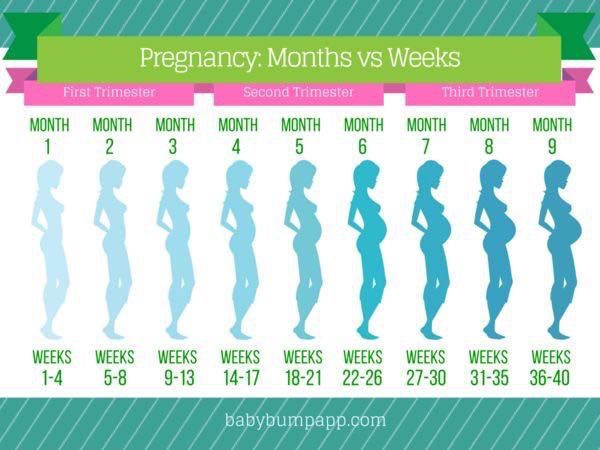When do babies sleep patterns change
Baby sleep: what to expect at 2-12 months
Baby sleep needs
Babies need sleep to grow and develop well. But babies’ sleep needs vary, just as the sleep needs of older children and adults do. Your baby might be doing well with more or less sleep than other babies the same age.
Your baby’s mood and wellbeing is often a good guide to whether your baby is getting enough sleep. If your baby is:
- wakeful and grizzly, they might need more sleep
- wakeful and contented, they’re probably getting enough sleep.
How baby sleep changes from 2 to 12 months
As they get older, babies:
- sleep less in the daytime
- are awake for longer between naps
- have longer night-time sleeps and wake less at night
- need less sleep overall.
2-3 months: what to expect from baby sleep
At this age, babies sleep on and off during the day and night. Most babies sleep for 14-17 hours in every 24 hours.
Young babies sleep in cycles that last 50-60 minutes. In young babies, each cycle is made up of active sleep and quiet sleep. Babies move around and grunt during active sleep, and sleep deeply during quiet sleep.
At the end of each cycle, babies wake up for a little while. They might grizzle or cry. They might need help to settle for the next sleep cycle.
At 2-3 months, babies start developing night and day sleep patterns. This means they tend to start sleeping more during the night.
Around 3 months: what to expect from baby sleep
Babies keep developing night and day sleep patterns.
Their sleep cycles consist of:
- light sleep, when baby wakes easily
- deep sleep, when baby is sound asleep and very still
- dream sleep, when baby is dreaming.
Sleep cycles also get longer, which might mean less waking and resettling during sleep. At this age, some babies might regularly be having longer sleeps at night – for example, 4-5 hours.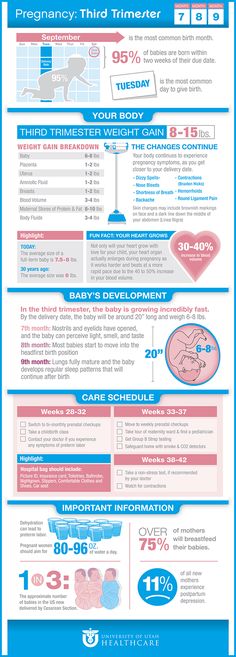
Most babies still sleep for 14-17 hours in every 24 hours.
3-6 months: what to expect from baby sleep
At this age, most babies sleep for 12-15 hours every 24 hours.
Babies might start moving towards a pattern of 2-3 daytime sleeps of up to two hours each.
And night-time sleeps get longer at this age. For example, some babies might be having long sleeps of six hours at night by the time they’re six months old.
But you can expect that your baby will still wake at least once each night.
6-12 months: what to expect from baby sleep
Babies sleep less as they get older. By the time your baby is one year old, baby will probably sleep for 11-14 hours every 24 hours.
Sleep during the night
From about six months, most babies have their longest sleeps at night.
Most babies are ready for bed between 6 pm and 10 pm. They usually take less than 40 minutes to get to sleep, but some babies take longer.
At this age, baby sleep cycles are closer to those of grown-up sleep – which means less waking at night. So your baby might not wake you during the night, or waking might happen less often.
But many babies do wake during the night and need an adult to settle them back to sleep. Some babies do this 3-4 times a night.
Sleep during the day
At this age, most babies are still having 2-3 daytime naps that last for between 30 minutes and 2 hours.
6-12 months: other developments that affect sleep
From around six months, babies develop many new abilities that can affect their sleep or make them more difficult to settle:
- Babies learn to keep themselves awake, especially if something interesting is happening, or they’re in a place with a lot of light and noise.
- Settling difficulties can happen at the same time as crawling. You might notice your baby’s sleep habits changing when baby starts moving around more.
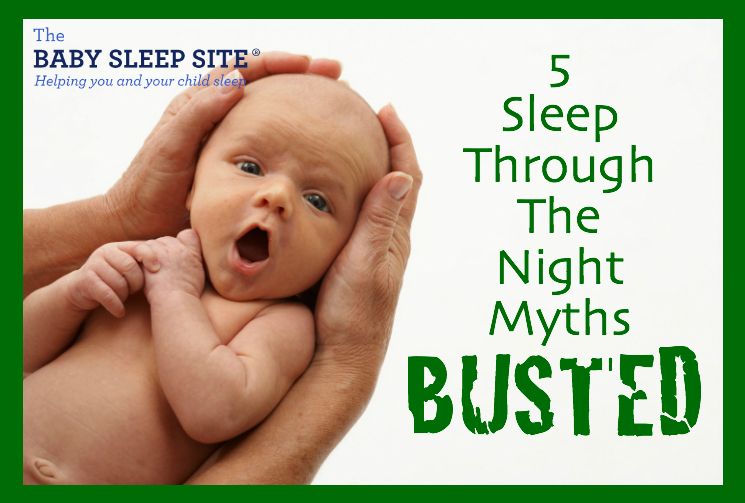
- Babies learn that things exist, even when they’re out of sight. Now that your baby knows you exist when you leave the bedroom, baby might call or cry out for you.
- Separation anxiety is when babies get upset because you’re not around. It might mean your baby doesn’t want to go to sleep and wakes up more often in the night. As babies mature they gradually overcome this worry.
6-12 months: night-time feeding
From around six months of age, if your baby is developing well, it’s OK to think about night weaning and phasing out night feeds. But if you’re comfortable with feeding your baby during the night, there’s no hurry to phase out night feeds.
You can choose what works best for you and your baby.
A rollover feed is a late feed somewhere between 10 pm and midnight. Some parents find that rollover feeds help babies sleep longer towards morning. If this works for you and your baby, it’s fine to give baby a rollover feed.
Concerns about baby sleep
If you’re concerned about your baby’s sleep, it can be a good idea to track your baby’s sleep for a week or so.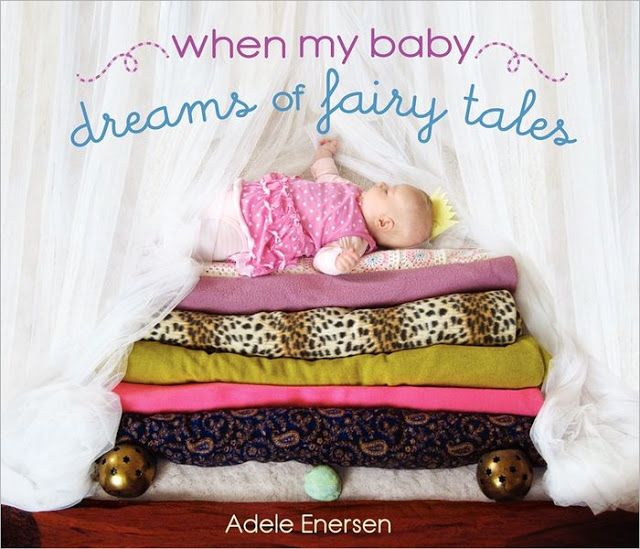 This can help you get a clear picture of what’s going on.
This can help you get a clear picture of what’s going on.
You can do this by drawing up a simple chart with columns for each day of the week. Divide the days into hourly blocks, and colour the intervals when your baby is asleep. Keep your chart for 5-7 days.
Once completed, the chart will tell you things like:
- when and how much sleep your baby is getting
- how many times your baby is waking during the night
- how long your baby is taking to settle after waking.
You can also record how you tried to resettle your baby and what worked or didn’t work.
Then you can compare the information in your chart with the general information about baby sleep needs above:
- How does your child compare to other babies the same age? If your baby is wakeful and grizzly and getting much less sleep than others, your baby might need more opportunities for sleep.
- How many times is your baby over six months old waking up during the night? If it’s 3-4 times a night or more, you might be feeling very tired.
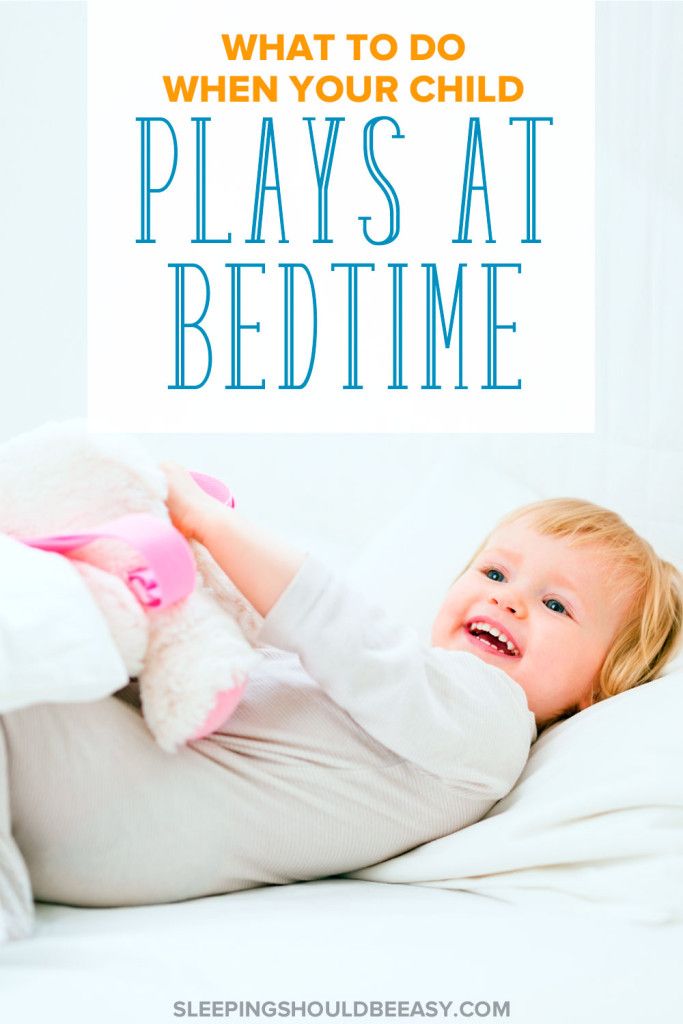 You might want to think about phasing out some of your baby’s sleep habits.
You might want to think about phasing out some of your baby’s sleep habits.
If you decide you need to see a professional for help with your baby’s sleep, take your chart with you.
If you’re concerned about your baby’s sleep, it’s a very good idea to see a child health professional for help. You could start by talking with your GP or child and family health nurse.
How baby sleep patterns affect grown-ups
Babies and grown-ups need sleep for wellbeing, but babies sleep differently from adults. Most parents of babies under six months of age get up in the night to feed and settle their babies. For many, this keeps going after six months.
Some parents are OK with getting up a lot at night as long as they have enough support and they can catch up on sleep at other times. For others, getting up in the night over the long term has a serious effect on them and their family lives.
The quality of your sleep can affect your health and your mood. Being exhausted can make it hard to give your baby positive attention during the day. And your relationship with your baby and the time and attention you give baby during the day can affect the quality and quantity of baby’s sleep.
And your relationship with your baby and the time and attention you give baby during the day can affect the quality and quantity of baby’s sleep.
So it’s important that you get some help if you’re not getting enough sleep. You could start by asking family or friends for help. And if you feel that lack of sleep is affecting you mentally or emotionally, it’s a very good idea to talk with your GP or another health professional.
There’s a strong link between baby sleep difficulties and symptoms of postnatal depression in women and postnatal depression in men. But the link isn’t there if parents of babies with sleep difficulties are getting enough sleep themselves.
Languages other than English
- Arabic (PDF: 471kb)
- Dari (PDF: 469kb)
- Karen (PDF: 298kb)
- Persian (PDF: 420kb)
- Simplified Chinese (PDF: 502kb)
- Vietnamese (PDF: 324kb)
Baby sleep patterns by age
Baby sleep patterns by age | Pregnancy Birth and Baby beginning of content4-minute read
Listen
Babies have different sleep patterns.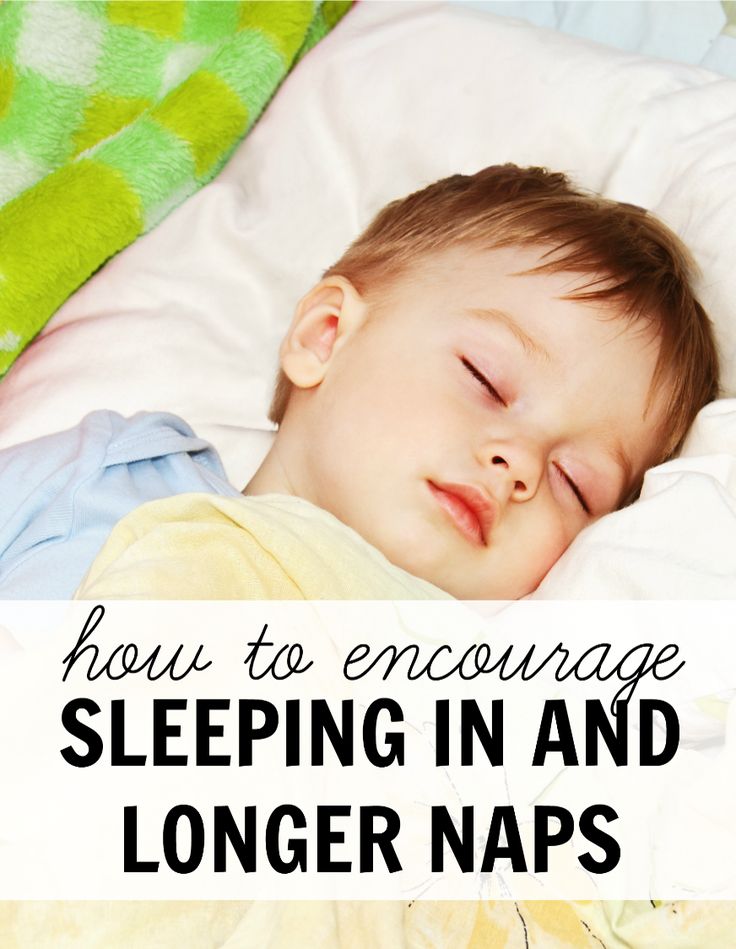 Some take long day naps while others only have quick naps. Some wake up frequently through the night while others may sleep through or wake up occasionally. Their sleep patterns can also change a lot in the first year. While each baby is different, it may help you to understand how babies' sleep cycles differ from those of adults and also what to expect at each stage.
Some take long day naps while others only have quick naps. Some wake up frequently through the night while others may sleep through or wake up occasionally. Their sleep patterns can also change a lot in the first year. While each baby is different, it may help you to understand how babies' sleep cycles differ from those of adults and also what to expect at each stage.
Normal baby sleep versus adult sleep
Babies under 1 are naturally lighter sleepers compared with adults. They spend more of their sleeping time in 'active sleep' instead of 'quiet sleep'.
In active sleep, babies breathe shallowly and twitch their arms and legs. Their eyes flutter under their eyelids. Babies can be easily woken up from active sleep.
By comparison, adults and adolescents tend to have more quiet sleep, where they lie still and breathe deeply.
Everybody has a cycle, where their sleep varies from light to deep. Adults' sleep cycles are usually about 90 minutes. Babies' sleep cycles are usually about 40 minutes, so they tend to wake up more often.
All babies are different
Babies are little individuals so they are all different. The information below is a general guide and your baby might be different. Try not to spend too much time comparing how your baby sleeps with other babies. For advice or support at any time, call Pregnancy, Birth and Baby on 1800 882 436.
Birth to 3 months
- Newborns sleep on and off through the day and night.
- The total sleep varies between babies — it can be from around 8 to 18 hours a day.
- They tend to sleep only in short stretches because they need to be fed and changed regularly.
- Newborns generally sleep very lightly: they spend half of their sleeping time in active sleep.
- Also, a newborn has not learnt to sleep when it is dark. They usually start to learn this rhythm of day and night when they are about 6 weeks old. You can help your newborn to learn to sleep more at night by exposing them to light and playing with them during the day, and providing a dim and quiet environment at night.
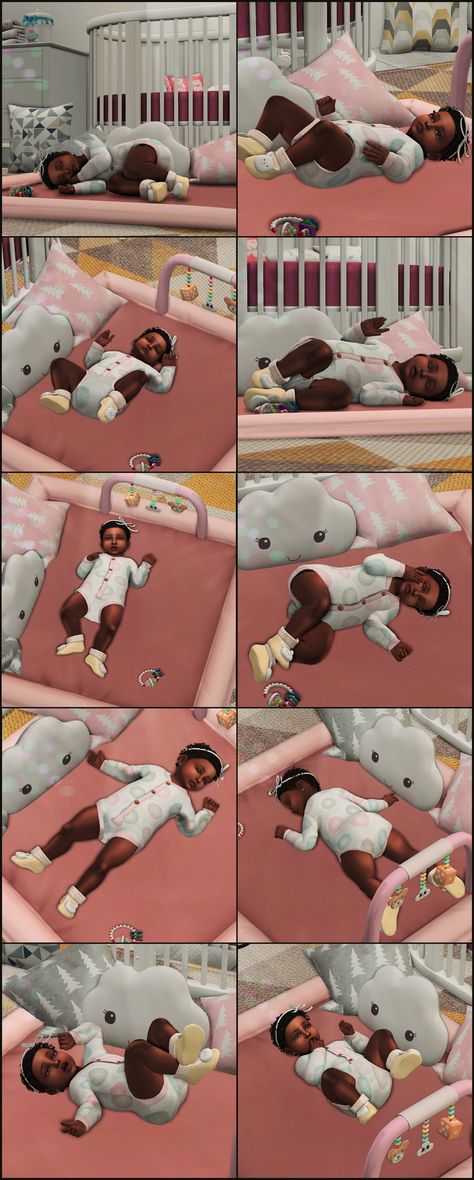
Three to 6 months
- At this age, your baby might have 3 daytime naps of up to 2 hours each.
- Most will sleep 14 to 15 hours of sleep in total a day, with some babies sleeping up to 8 hours at night.
- The amount of active sleep starts to reduce and they begin to enter quiet sleep at the beginning of their sleep cycles.
- They still tend to wake up at least once during the night.
Six to 12 months
- From about 6 months old, your baby's sleep patterns are more like yours.
- At this age, babies sleep an average of about 13 hours in total a day. They tend to sleep the longest period at night, averaging about 11 hours.
- Your baby will start dropping their number of daytime naps to about 2. Their naps are usually about 1 to 2 hours.
- In general, babies may wake up less frequently during the night because they do not need to be fed as often.
- Most babies will wake only once during the night and need settling back to sleep.
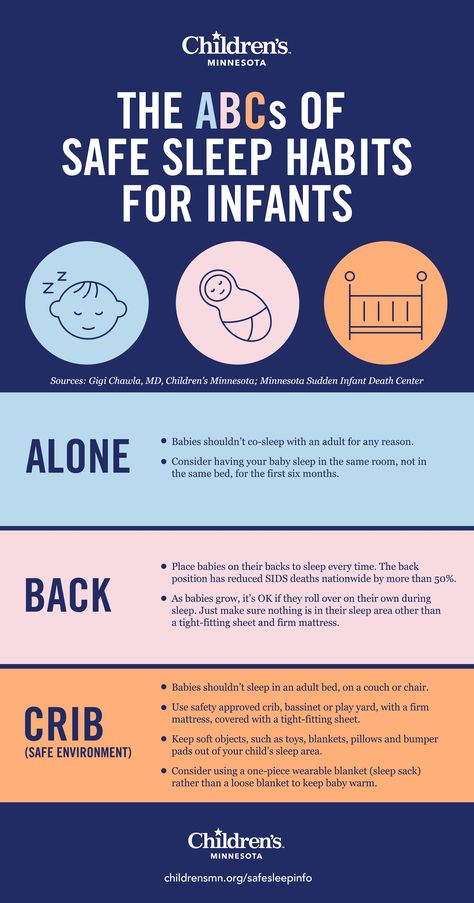 Some will still wake up more often.
Some will still wake up more often. - At this age, babies may start to worry about being away from their parent or carer. This may make it longer for babies to fall asleep and may temporarily increase night wakings.
- Regular daytime and bedtime routines may help your baby to fall and stay asleep.
After 12 months
- From 12 months old, babies tend to sleep better. As they approach their first birthday, babies tend to sleep longer, wake up less often, take a nap once or twice during the day and sleep more at night. By the time they turn 1 year old, babies are likely to be sleeping 8 to 12 hours a night, waking only once or twice in that time.
Sources:
National Sleep Foundation (Children and sleep), Pregnancy, Birth and Baby (Getting your baby to sleep), Raising Children Network (Sleep needs for babies), Raising Children Network (Baby sleep: 2-12 months), Journal of Paediatrics and Child Health (Teng A et al - Infant and toddler sleep in Australia and New Zealand (2012;48:268-73))Learn more here about the development and quality assurance of healthdirect content.
Last reviewed: January 2021
Back To Top
Related pages
- Safe sleep for babies
- Getting your baby to sleep
- Your baby’s growth and development – first 12 months
Need further advice or guidance from our maternal child health nurses?
1800 882 436
Video call
- Contact us
- About us
- A-Z topics
- Symptom Checker
- Service Finder
- Linking to us
- Information partners
- Terms of use
- Privacy
Pregnancy, Birth and Baby is funded by the Australian Government and operated by Healthdirect Australia.
Pregnancy, Birth and Baby is provided on behalf of the Department of Health
Pregnancy, Birth and Baby’s information and advice are developed and managed within a rigorous clinical governance framework. This website is certified by the Health On The Net (HON) foundation, the standard for trustworthy health information.
This site is protected by reCAPTCHA and the Google Privacy Policy and Terms of Service apply.
This information is for your general information and use only and is not intended to be used as medical advice and should not be used to diagnose, treat, cure or prevent any medical condition, nor should it be used for therapeutic purposes.
The information is not a substitute for independent professional advice and should not be used as an alternative to professional health care. If you have a particular medical problem, please consult a healthcare professional.
Except as permitted under the Copyright Act 1968, this publication or any part of it may not be reproduced, altered, adapted, stored and/or distributed in any form or by any means without the prior written permission of Healthdirect Australia.
Support this browser is being discontinued for Pregnancy, Birth and Baby
Support for this browser is being discontinued for this site
- Internet Explorer 11 and lower
We currently support Microsoft Edge, Chrome, Firefox and Safari. For more information, please visit the links below:
- Chrome by Google
- Firefox by Mozilla
- Microsoft Edge
- Safari by Apple
You are welcome to continue browsing this site with this browser. Some features, tools or interaction may not work correctly.
Sleep pattern of a child at different ages
How long does a child need to sleep to be healthy?
Collectively, scientists came to the conclusion that an adult needs to sleep at least 8 hours a day.
This conclusion follows from the very nature of sleep. Remember the structure of sleep: we go through five sleep cycles of about 100 minutes each.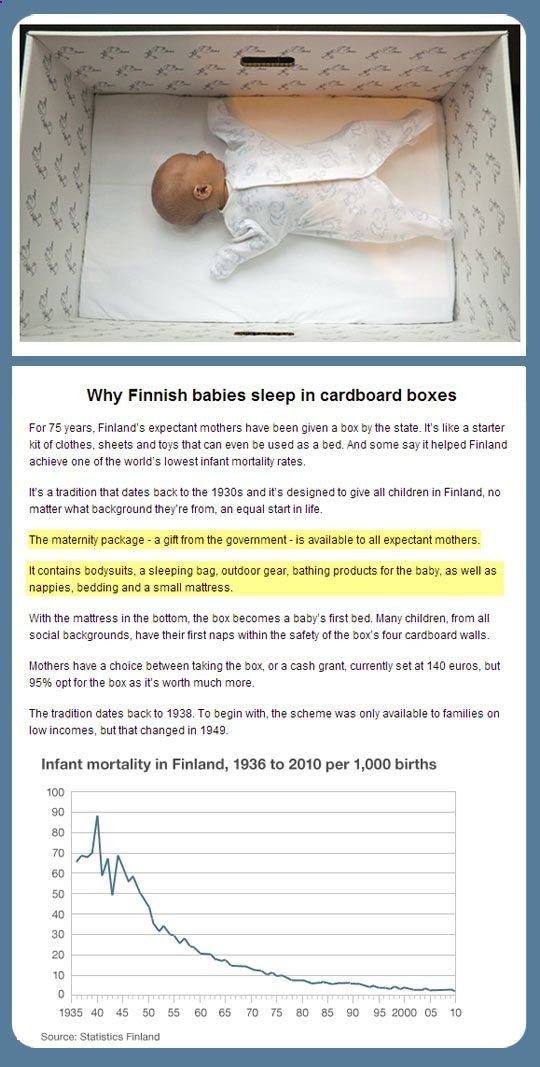 Multiplying 100 minutes by 5 and dividing by 60 gives you approximately 8 hours.
Multiplying 100 minutes by 5 and dividing by 60 gives you approximately 8 hours.
Sleep duration directly depends on a person's age. The younger we are, the more sleep we need. WHO (World Health Organization) and sleep scientists recommend following the following recommendations (see table) and unanimously believe that sleep is vital and should not be neglected. Especially the mode of sleep and wakefulness of the child is important for babies.
| Age | Number of naps | Total nap time | Sleep time | Total sleep per night |
| newborns | 1-2 hours, every hour | 16-19 | ||
| 1-2 months | four | 6-7 | 8-10 | 15-17 |
| 3 months | 3-4 | 5-6 | 10-11 | 15-16 |
| 4 months | 3 | 4-5 | 10-11 | 14-16 |
| 5-6 months | 2-3 | 3-4 | 10-11 | 14-15 |
| 7-8 months | 2 | 3-4 | 10-11 | 13-15 |
| 9-12 months | 2 | 2-3 | 11-12 | 13-14 |
| 12 months | 1-2 | 2-3 | 11-12 | 13 |
| 18 months | one | 1. 5-2 5-2 | 11-12 | 12.5-13 |
| 2-3 years | one | 1-2 | 10-11 | 12 |
| 4-5 years | one | one | 10-11 | 12 |
| 6-15 years old | 0.5-1 | one | 9-11 | 10-11 |
| 14-18 years old | 8-10 | 8-9 | ||
| 19-64 years old | 7-9 | eight | ||
| Ages 65 and over | 7-8 | 7-8 |
Let's dwell on this in more detail.
What should be the sleep pattern of a child up to a year old so that he grows up healthy, smart and happy?
In the first months of life, 20 hours of sleep for a child is the norm. It is not necessary to disturb the child's sleep schedule: we should not influence the baby's rest, as this can harm the health of the child, especially at this tender age. The cycles and phases of sleep in babies change from month to month, according to how their brain grows and develops.
It is not necessary to disturb the child's sleep schedule: we should not influence the baby's rest, as this can harm the health of the child, especially at this tender age. The cycles and phases of sleep in babies change from month to month, according to how their brain grows and develops.
Scientists believe that sleep in the first weeks after birth is especially important and is a continuation of the behavior of the child in the fetal state. Therefore, the baby knows for himself when it is time for him to eat and sleep. In the first 2-3 months of his life, if the baby is not bothered by anything, a long rest for him is the norm. Knowing this, parents can begin to form the correct daily routine for their baby from the age of 4 months.
If we recall the data from the table above, it becomes clear that the sleep of an infant and the sleep pattern of a child up to the first year of life differ significantly from each other. What are the differences in sleep by months of a child up to a year of life?
Sleep from 1 to 3 months of life
This period of life is characterized by high sleep duration: from 16 to 19 hours a day.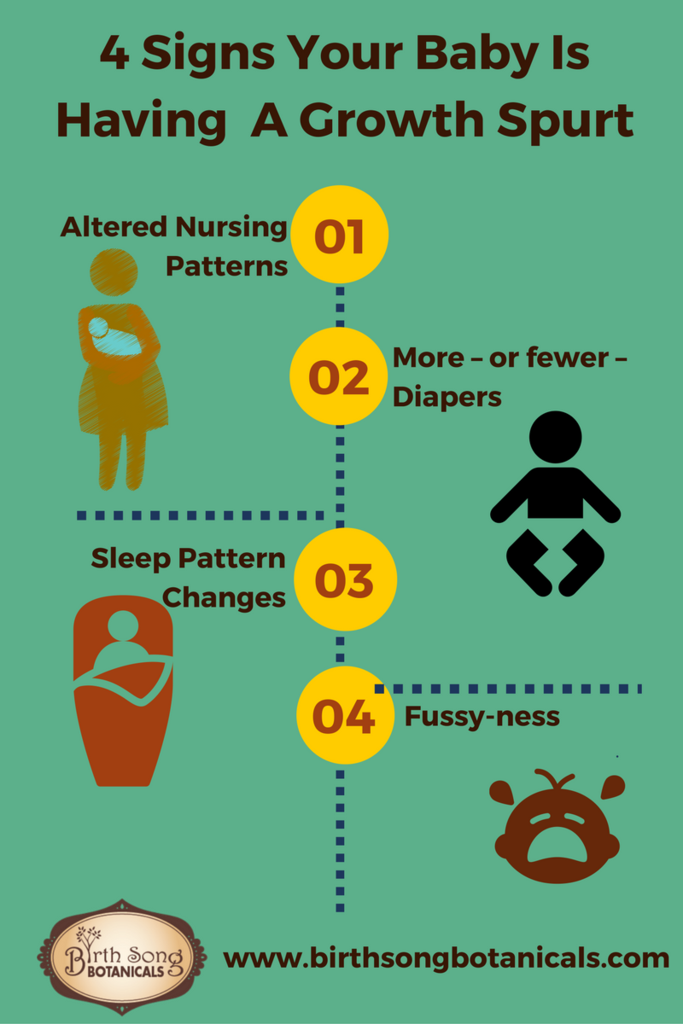 During this period of time, sleep (rest) is just beginning to form, the newborn often wakes up for feeding. This time is very important for the baby, parents need to learn to notice the signs of disturbed sleep, make sure that the baby does not remain active for too long and at the same time try not to wake up before the allotted time. From the 7th week of life, we can let our baby fall asleep on his own.
During this period of time, sleep (rest) is just beginning to form, the newborn often wakes up for feeding. This time is very important for the baby, parents need to learn to notice the signs of disturbed sleep, make sure that the baby does not remain active for too long and at the same time try not to wake up before the allotted time. From the 7th week of life, we can let our baby fall asleep on his own.
3 to 6 months of life
At this stage, the number of night feeds is usually reduced. At the age of 6 months, the child may completely refuse to feed at night. The baby forms a day and rest regimen: sleep hours are reduced: daytime sleep up to 3-5 hours, nighttime sleep up to 10-11 hours. It is time for the formation of bedtime rituals: quiet games, bathing, fairy tales and mother's lullabies.
6 to 9 months of life
At the age of 8 months, the baby continues to form consciousness, separation from close relatives, most of all from his mother, begins to upset him. Games (hide-and-seek, peek-a-boo) will help prevent fear for the baby, and you can also place the place of the child’s games next to the parents: let the mother always be in sight. The child is actively developing physically. It is necessary to load the baby with active actions, but not give reasons for stress.
Games (hide-and-seek, peek-a-boo) will help prevent fear for the baby, and you can also place the place of the child’s games next to the parents: let the mother always be in sight. The child is actively developing physically. It is necessary to load the baby with active actions, but not give reasons for stress.
9 to 12 months of life
At this stage, the baby begins to follow the sequence of actions. A little more and the baby will learn to walk, now all his strength goes to the development of this skill, there is a need for sound sleep and recuperation. During this period, the first related problem arises: sleep disturbance. It is necessary to continue the formation of sleep rituals, reduce distractions that can excite the baby even more.
What are the bedtime rituals for your baby?
• ventilate the rooms where the baby sleeps before going to bed;
• remove all toys;
• take a bath;
• make sure you go to the toilet;
• turn off the light;
• do not forget about hugs and kisses;
• let's sing a lullaby.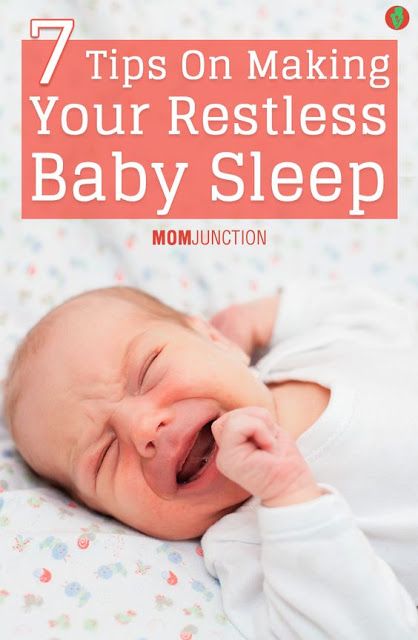
As a child grows older, the sleep schedule of the child changes even more: the number of hours of sleep is reduced, including the number of hours of sleep at night. All kids are different, but still it is necessary to keep daytime sleep as long as possible, at least before school.
Parents often turn to pediatricians and neurologists with the question: what to do if the schedule of sleep and wakefulness of a child under one year old cannot be built? Sleep disorders are called: children's behavioral insomnia, which significantly contributes to the deterioration of the quality of life of parents.
Causes of insomnia
Children's behavioral insomnia is the result of misassociations associated with going to bed or misidentification of sleep conditions. We are talking about the right habits to fall asleep in certain conditions (for example, one in a crib) and violation of sleep patterns. For example, when a child does not agree with the place or time for sleeping, and then a lot of unreasonable pretexts begin: “I'm scared alone”, “I want to drink”, “I want to go to the toilet”.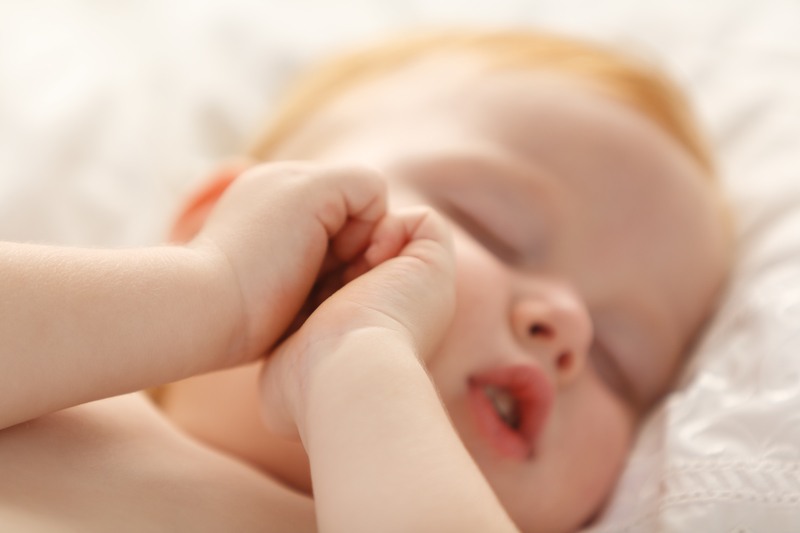
Despite the dissatisfaction of the parents and even punishment, the child goes to bed with them every night. This form of childhood insomnia is interesting in that it does not actually cause direct harm to the child if he is able to get the normative amount of sleep during the day. But parents here suffer to a greater extent - the mothers of such children often have depressive disorders, and family relationships also suffer.
Other forms of insomnia are adaptive insomnia (a reaction to a stressful situation), psychophysiological insomnia (occurs in anxious, emotional, responsible children before an important event for them), insomnia in violation of sleep hygiene (more often occurs in adolescents who lead an evening or night life, spend too much time in bed during the day and go to bed at different times each time).
Often doctors meet with insomnia of a secondary nature, they are directly related to any health problems. For example, atopic dermatitis, which is accompanied by severe itching. And the smaller the child, the more difficult it is for us to suspect that something is bothering the child.
And the smaller the child, the more difficult it is for us to suspect that something is bothering the child.
Itching is a kind of equivalent of pain, the child becomes irritable, whiny, it is difficult for him to fall asleep, itching forces the baby to wake up. And we, adults, often do not always pay attention to these manifestations of the disease or underestimate their significance in violating the correct regimen in a child. But statistically, nine out of ten patients with atopic dermatitis have problems sleeping. They are very common, but few people talk about them.
How to help a child with sleep disorders?
At this stage, the number of night feeds is usually reduced. At the age of 6 months, the child may completely refuse to feed at night. The baby forms a day and rest regimen: sleep hours are reduced: daytime sleep up to 3-5 hours, nighttime sleep up to 10-11 hours. It is time for the formation of bedtime rituals: quiet games, bathing, fairy tales and mother's lullabies.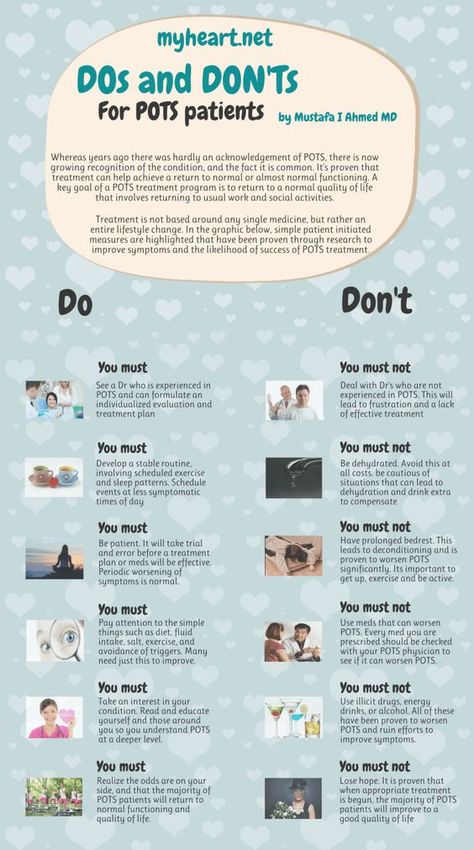
It is necessary to follow the recommendations, the so-called rules of sleep hygiene:
• going to bed and waking up at the same time during the week, regardless of holidays and weekends;
• restriction of any activity in bed other than sleep (reading, watching movies, eating): this can disrupt the association between bed and sleep;
• it is necessary to maintain comfortable conditions in the children's room/sleep area: minimum level of illumination, noise/white noise, moderate air temperature, comfortable mattress, pillow, sleepwear;
• the process of falling asleep should consist of consecutive, daily repeating activities: evening dress, lullaby, reading at night;
• avoid activities that can lead to arousal (watching TV, video games, socializing with peers, physical activity) before bed. You need to remove video games, TV, phone, computer from the child's room;
• if the child still sleeps during the day, it is necessary to limit the time of daytime sleep in the afternoon;
• you should follow the diet: the baby should not go to bed overeaten or hungry;
• Ensuring a sufficient level of physical activity during the day;
• ensure that the child's room is adequately lit in the morning;
• Avoid caffeine (coffee, tea, chocolate) in the afternoon;
• It is advisable to keep a diary of night and daytime sleep: an assessment of daytime activity allows you to identify problems that prevent you from establishing the right regimen and achieving healthy sleep.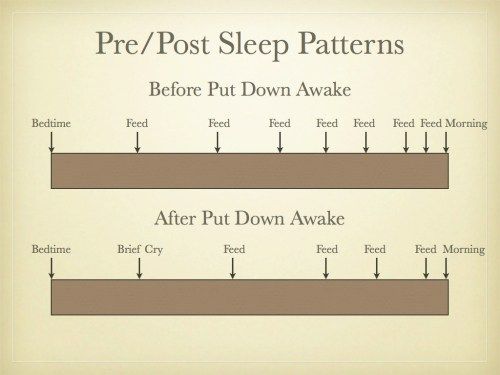
When we talk about secondary insomnia, using the example of atopic dermatitis, it is necessary to take into account the recommendations of a pediatrician, an allergist-immunologist, a dermatologist:
• an individual plan for identifying triggers of atopic dermatitis;
• selection of therapy for disease control;
• Action plan for less scratching of the skin: for bathing and moisturizing the child's atopic skin, it is recommended to use special products, such as La Roche-Posay (Gamma Lipikar ).
Conclusion
In conclusion, I would like to remind you that sleep is an obligatory part of our daily rhythm, without which our body cannot exist. The formation of the correct sleep regimen is in our power. The nervous system of a child is very plastic, it adapts to the conditions that we impose on it.
Therefore, even if the baby has problems sleeping, you need to be patient and methodically follow the recommendations for the formation of proper sleep hygiene, sleep habits, a sufficient level of physical activity during wakefulness, a favorable home atmosphere, and, of course, be attentive to manifestations of diseases that the child often cannot tell us about.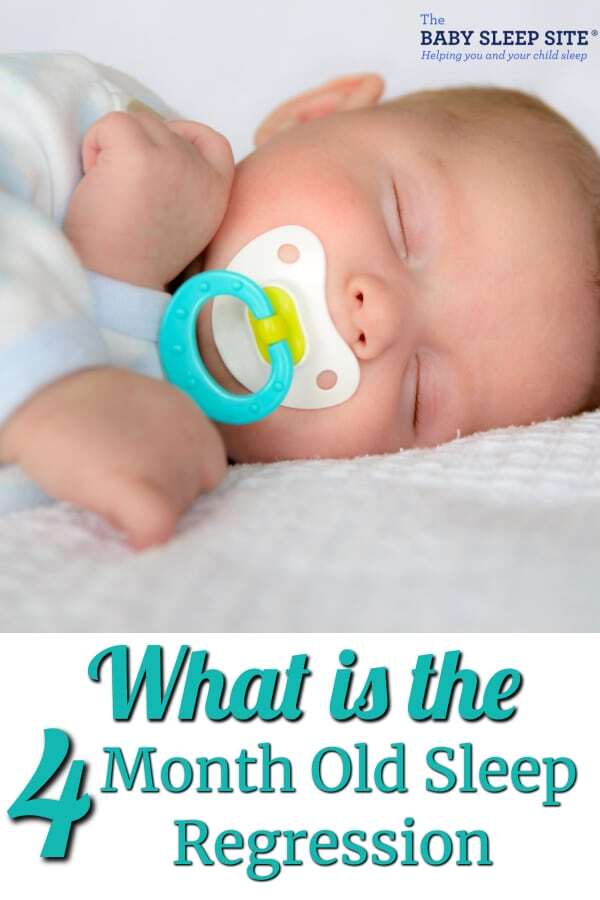
When parents allow their child to sleep fully, they care not only about restoring his energy, but also about full development and health.
Knowing what the baby’s sleep should be like for months, it will be much easier to do this. Lack of sleep in a baby is a big problem that needs to be addressed immediately. We need to remember that it is easier to prevent sleep disturbance than to look for a way out of the current situation later.
The author of the article is Olga Vladimirovna Tarasova
Lipikar
Daily routine for a child under 1 year old
Daily routine is a system for distributing periods of sleep and wakefulness, meals, hygiene and wellness procedures, classes and independent human activities throughout the day.
Compliance with a rational daily routine corresponding to the age characteristics of the child contributes to his healthy growth and development. Getting used to performing various types of activities at the same time, the child is prepared for the upcoming type of activity at every moment of time, which ensures their easier and faster implementation. Compliance with the correct daily routine provides a good mood for the child and maintains a keen interest in the study of the world around him, contributing to his normal motor and psychoverbal development.
Compliance with the correct daily routine provides a good mood for the child and maintains a keen interest in the study of the world around him, contributing to his normal motor and psychoverbal development.
The child's daily routine includes the following obligatory elements: diet, time spent outdoors during the day, frequency and duration of sleep, compulsory classes to develop skills in accordance with age, free time.
In the first months after birth, a healthy newborn baby sleeps most of the day, as all external stimuli are very strong for the nervous system of a child who is accustomed to a cozy intrauterine environment, and cause its rapid exhaustion. As the child grows older, the duration of sleep gradually decreases and the time of wakefulness increases.
| Age | Daytime sleep mode | Night sleep | Wake mode |
| From birth to 2 months | 6 x 2.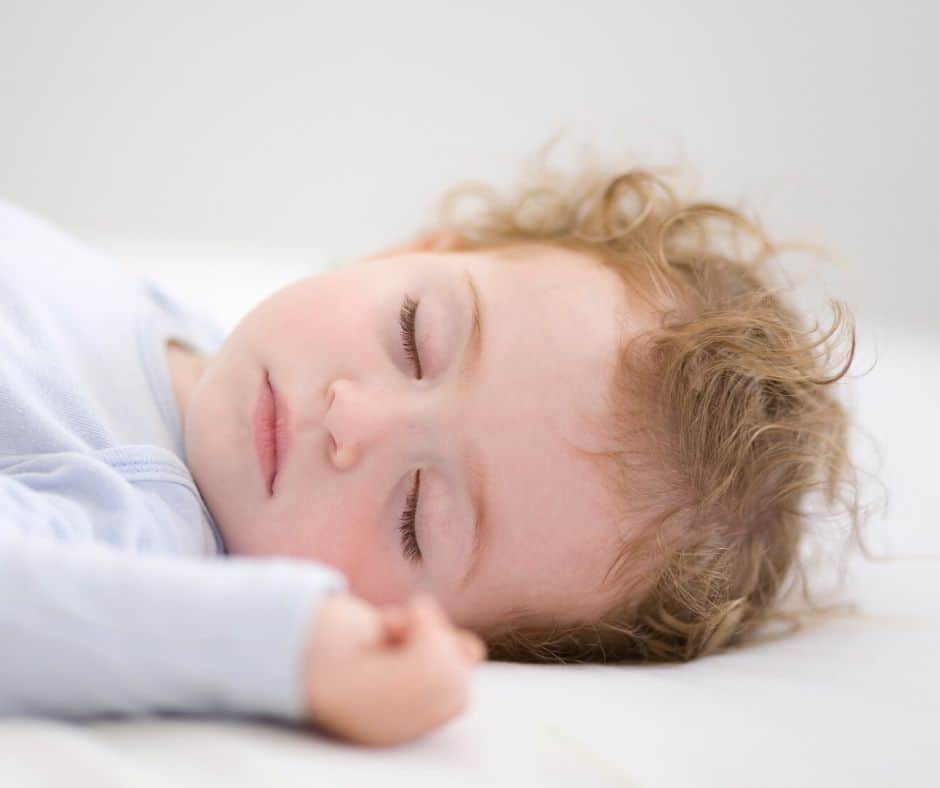 5 hours 5 hours | 6 hours | During feeding |
| 2-4 months | 5 times 2-2.5 hours | 6.5 hours | 4 x 1.5 hours |
| 4-6 months | 4-5 times for 2 hours | 7 hours | 4 times 2 hours |
| 6-9 months | 3-4 times for 1.5-2 hours | 8 hours | 4 x 2.5 hours |
| 9-12 months | 2 x 1.5-2 hours | 9-10 o'clock | 4 times 3-4 hours |
Closely related to the sleep-wake mode is the feeding mode of the baby. The sleep of a child in the first months of life is very sensitive and is easily disturbed under the influence of various extraneous stimuli, including hunger.
| Age | Mode | Example |
| From birth to 2 months | 7-8 times, every 3 hours | 6,9,12,15,18,21,24 (no night feeding) |
| From 2 to 6 months | 6-7 times, every 3. 5 hours 5 hours | 6, 9.30, 13, 16.30, 20, 23.30 (without night feeding) 6, 9.30, 13, 16.30, 20, 23.30, 03 (with night feeding) |
| From 7-12 months | 5 times, every 4 hours | 6,10,14,18,22 |
A child's stay in the fresh air is essential in the daily routine. The total duration of stay in the open air for children under 1 year of age should be at least 5-6 hours a day. Fresh air has a calming effect on the baby, improves metabolic processes, and increases the body's defenses. In the summer, all games and activities should be held outdoors; in the cold and transitional seasons, two one-time walks of 1.5-2 hours are provided.
Fresh air also has a beneficial effect on sleep. By acting on the skin and mucous membranes of the nose and upper respiratory tract, it provides a faster fall asleep of the child and a higher quality of sleep. Sleeping outside can replace a walk, especially during the cold season.

